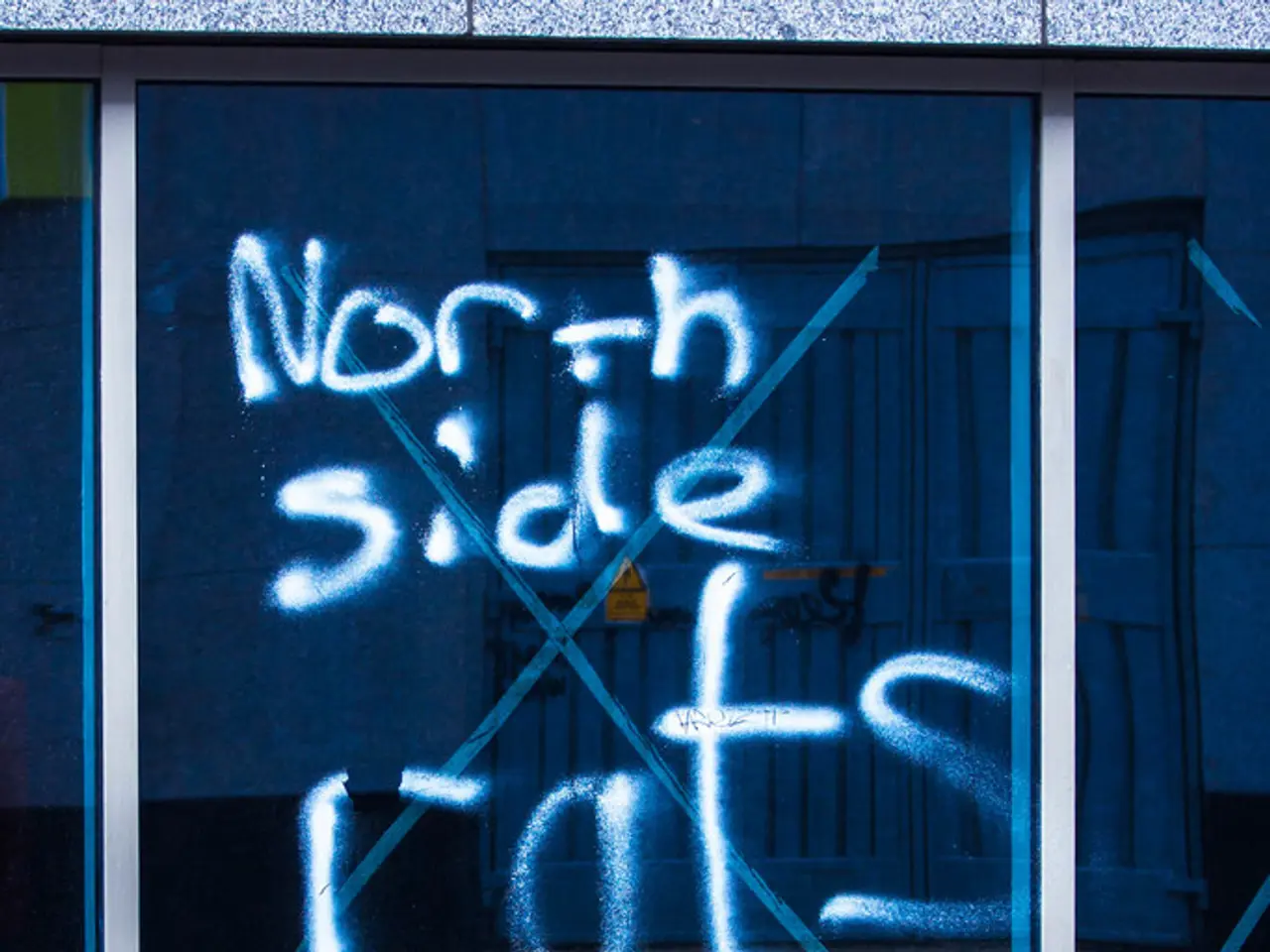Country adjacent to Germany implements border shutdown - "Border curtain drawn"
In a turn of events reminiscent of the days before 1985, border controls have re-emerged in several European countries, causing a stir and presenting numerous challenges for travelers, businesses, and commuters.
The Schengen Agreement, signed in 1985 by France, Belgium, Luxembourg, Netherlands, and other countries, aimed to create a common external border and abolish systematic controls between member states. However, recent developments have seen a reversal of this policy, with border controls being reinstated in some areas.
One such instance is in the municipality of Montferland in the Netherlands, where increased traffic in the village of Beek has led to the implementation of measures to manage the situation. Montferland is installing two barriers: The Eltenseweg will be blocked during border controls, and the barrier at the Waldkreuz will remain in place permanently. This move is aimed at increasing security at the borders without unnecessarily hindering cross-border traffic.
The new controls, however, pose challenges. Vehicles are moving through the narrow alleys of Beek at a rate of one per minute, causing a veritable through-traffic. Residents of Beek have complained about a steadily increasing number of cars using the narrow village streets as a detour due to border controls.
The situation is not unique to Montferland. In Germany, entry controls have been in effect at all borders since May 2025. The tightened controls are causing neighboring countries to take measures to manage increased traffic. For about 40 years, controls between these countries were completely abolished, but they have been reinstated recently.
The reasons behind these border controls are multifaceted. They are intended to ensure security and prevent illegal immigration, smuggling, and cross-border crime. Poland, for instance, has temporarily closed its border with Belarus due to the Russian-Belarusian military exercises called Zapad-2025 starting in September 2025.
The reintroduction of border controls is a topic of public debates and controversy. Critics argue that they are a setback for European integration, while proponents maintain that they are a necessary part of modern state policy, causing inconvenience but serving the greater good of security.
As Europe navigates this new landscape, it remains to be seen how these measures will evolve and what impact they will have on the daily lives of its citizens and the smooth flow of cross-border traffic.








